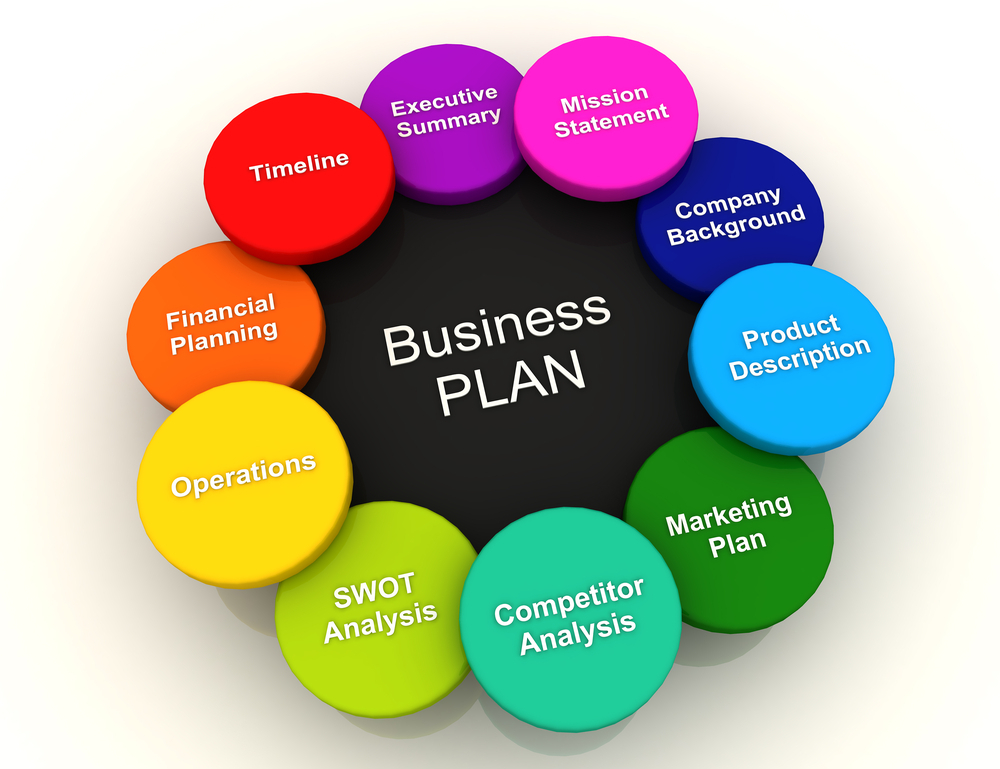Talk to a specialist

Darren Wingfield
Commercial Manager
Leave your details below and we’ll give you a call to chat about how we can help your business move forward.

Darren Wingfield
Commercial Manager
Leave your details below and we’ll give you a call to chat about how we can help your business move forward.


It’s business 101 isn’t it?
If you have a business then you need a business plan.
In these next few blogs, Harlands will be investigating just how essential a business plan is to so many different areas of your business (And life). We will also offer help and guidance on sections of the plan that a few of our past clients have found to be problematic.
By the time we finish, you will have so much more than a working document, you’ll also have a very clear vision of where you are going and a grounded idea of where you are.
You will know exactly who your competitors are and be prepared for most of what business life can throw at you for you still to come out on top.
Your marketing efforts will be both inspired and measured, taking the best of what others have done and blending it with your own inspiration to produce something that will appeal to exactly the number of customers that you want to attract.
You’ll also be managing your home life and relationships more effectively.

The Obvious Reasons for Writing a Business Plan
It should go without saying, but there are practical, well documented reasons why a business plan is an absolute necessity. All of which Harlands can offer free advice on. These include:
If you would Like free advice on any of the above, give us a call or sign up to our mailing list (Link) for FREE help and advice, hot off the press.
Who Reads your Business Plan?
Well, if you are going to write a document it’s rather useful - first and foremost - to consider your audience. That way you can make sure that the content and layout is appropriate and makes it easy for the reader to find exactly what they are looking for.
Your top three business plan recipients are:
It’s your business. Your spark of inspiration, your gem of an idea. For that information to take form and be improved upon by yourself or colleagues / family, it is much easier if it’s written down.
For your vision to be fully realized there will be areas of the plan that your employees / partners will need to see. Once they are on-board with what the company is all about, they can use their expertise to forge ahead in the right direction. It also helps with the hiring process.
Naturally, most people who start their own business already have millions in their personal bank accounts, of which they are only to happy to spend on their business if and when the need arises (If only). But there are rare occasions when that is not the case, and the business needs a cash injection.
Investors will want to see that they will get a return on their money. And if you are offering up a slice of the company then the investors will need to see that their slice is substantial and tasty enough to be worth their efforts.
It could on the other hand be as simple as a bank loan. The bank will need to see why you need the money and that you have the means with which to pay it back.
All of this information is contained within your business plan.

Your Plan Clearly Defines Your Business
When people ask me what I do, I’m able to tell them. And they listen, sometimes they ask more questions and sometimes they request a meeting with me so they can see exactly what Harlands can do to help them.
It doesn’t sound like much, but years ago when I was asked what I did at a networking meeting I found it incredibly difficult to sum up just what it was that I did, that would mean the world to the others in the room.
I’d be talking for quite a while, ambling from one area of the business to the other. Meanwhile, the poor recipients would be sitting patiently, contemplating pouring hot coffee over their heads - just so they had an excuse to leave. That or they wouldn’t listen at all because they were just waiting for their opportunity to pitch me their own business.
In short, my business plan helped me with my elevator pitch.
The elevator pitch goes back to the old days of Hollywood. A young hopeful script writer would collar the overweight, cigar puffing movie producer and would have the time it took the elevator to reach his office on the top floor to pitch his idea to him.
Can you sum your business up in two sentences?
When someone asks:
“So, what do you do?”
Your aim is to answer the question but leave them WANTING more information.
It’s like the newspaper headline, discussed in a previous blog on copy (Link). It gives your reader enough information to be both excited and curious, wanting more. And it places the ball right back in their court. They will make immediate connections to their own business / life and what you offer, which lead to more questions that are very specific to their own needs.
We will consider this more in our next blog:
‘The Executive Summary - The First and Sometimes the Only Thing an Investor Will Read.’

Your Business Plan Keeps You Grounded in the Here and Now.
Harlands have encountered many businesses whose internal future projections and visions actually stop them from achieving them.
Your business plan is NOT a static document consisting of predominantly a future dream.
It implies a day to day analysis and working method whereby small goals are met to satisfy a bigger one (Both personal and financial).
That bigger goal is not written in stone either. It has to malleable enough to change according to market conditions, your own preference and socio-economic circumstances.
Take a look at Coca-Cola…
Prohibition, negative press and the threat of legal action could have destroyed the brand. Instead they utilized the positive aspects of the brand and changed their big picture so to satisfy market demand - changing their product from a medicine to a soft drink.
Some of the businesses that Harlands have helped had simply suffered by becoming overwhelmed by the prospect of where they feel they should be in the future - which has stopped them living and working in the here and now.
It is important that you enjoy and believe in what you are doing because you are committing a significant segment of your life to doing it.
I have a friend in Newcastle who left a teaching position to go self employed in the food and drink industry.
For years I heard him complain about not wanting to get up in the morning to go to work. Of how he had simply no passion to teach the secondary school cherubs to which he had been assigned and that every second he wasted in that school was a second that he could have been productively spending in pursuance of his self-employed dream.
Once he took the leap however, it was not just the end goal but the day to day joy he got in waking up every day to do what he loved that he spoke of.
Writing and constantly referencing your business plan forces you to live in that day to day reality. If the day to day reality is not something you find attractive then, with a detailed business plan, you can find out pretty early that it is not the right move for you, which stops you wasting your life on something unconstructive.

Writing a Business Plan Forces You to Look at Your Competition.
Having a business idea for a new product or service is all very well, but transforming that into a money-making venture with longevity is something altogether different.
However essential the initial seed is, you need to have a very good idea of what kind of demand your product is likely to have, where and with whom.
You need to know that you are able to satisfy a particular level of demand and you need to find out who is already providing a product or service that satisfies that area of the market.
By looking at what your competitors do it forces you to niche down. That is refine what you offer so that you are providing a service that is:
Perhaps your competition has specific social media or marketing strategies that seem to work particularly well. You are not inventing the wheel here. If it works for them, then the chances are it can work for you too.
Competition and how to research and use their ideas will be covered in a future blog.
I hope you have found this blog useful.